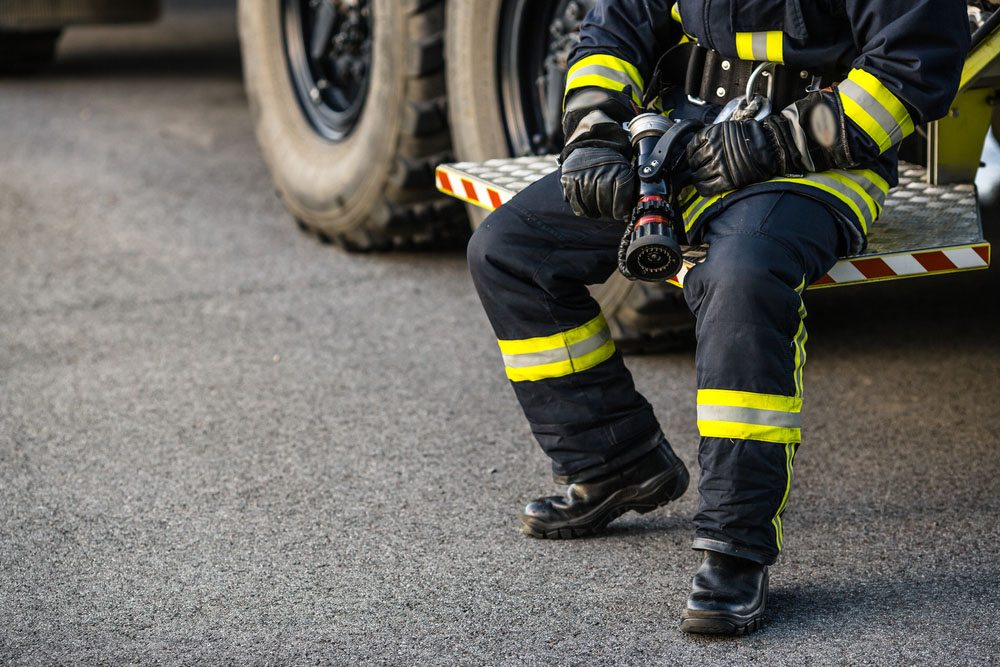
Earlier this month, the state’s high court issued a written opinion in a Connecticut premises liability lawsuit requiring the court to discuss the fireman’s rule and determine its applicability to the specific facts of the case. Ultimately, the court concluded that the fireman’s rule – which traditionally applied only to premises liability actions – should not be extended to general negligence claims. Thus, the high court reversed the lower court’s decision to deny the defendant’s motion for summary judgment.
The Facts of the Case
The plaintiff was an on-duty police officer who was responding to a call for a person, the defendant, who had entered a home in violation of a protection order and was refusing to leave. Upon arrival, the plaintiff was made aware that the defendant was threatening to harm himself.
Believing it was necessary to prevent the defendant from harming himself or someone else, the plaintiff decided to kick in the defendant’s door. As the plaintiff attempted to do so, he was seriously injured. The plaintiff filed a general negligence claim against the defendant. Importantly, the plaintiff’s claim was not based on a theory of premises liability and did not allege any defect or hazard in the home.
The defendant moved for summary judgment under the fireman’s rule, which precludes a police officer or firefighter from recovering compensation for their injuries when the risk that necessitated their presence at the location was also what caused their injury. For example, a fireman who is injured while putting out a house fire could not sue the homeowner.
The trial court determined that the fireman’s rule applied and denied the defendant’s motion for summary judgment. The defendant appealed to the Connecticut Supreme Court.
On appeal, the case was reversed in favor of the defendant. The court explained that, under Connecticut law, the fireman’s rule applies only to premises liability lawsuits. Here, the court noted, the plaintiff’s claim was one of general negligence, so the fireman’s rule would not traditionally apply.
The plaintiff urged the court to expand the fireman’s rule to include general negligence claims; however, the court declined the plaintiff’s invitation to do so. The court looked at the policy reasons behind the fireman’s rule, including whether the plaintiff assumed the risk of danger by virtue of his position as a police officer. The court also surveyed other jurisdictions across the United States, noting that the states are split on whether to apply the fireman’s rule to cases other than those brought under a premises liability theory. Ultimately, the court held that the fireman’s rule should not be extended to general negligence claims.
Have You Been Injured in a Slip-and-Fall Accident?
If you or a loved one has recently been injured in a Connecticut slip-and-fall accident, you may be entitled to monetary compensation. While the fireman’s rule may only apply to a small number of cases, there are various other defenses that may be raised by the other side. At the Law Office of Ann Halan Brickley, we pride ourselves on our ability to anticipate and prepare for any defenses that a defendant may raise. To learn more about Connecticut premises liability law, and to speak with a dedicated Connecticut personal injury attorney about your case, call (203) 966-6600 to schedule a free consultation today. We represent clients in New Canaan, Wilton, Norwalk, Darien, and all of Fairfield County, Connecticut.